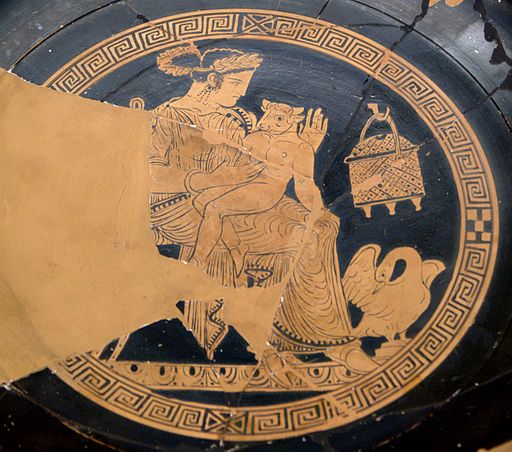FIRST some insight from the academic perspective on the Kinship of Greek Heroes, from twitter. With all my own reading and education, I still would kill to go back to school and take all the Classics courses all over again, I'm not going to lie.
Second, another excellent example of things I wish I'd been able to do in my classics program -- Archaeological Researches Go Into Battle to Test Bronze Age Weapons.
Related: You would not believe how much time I spent trying to research what would happen if rubbing alcohol was applied to a bronze dagger. I never did get a definitive answer, even after I spoke to a metallurgist, a physicist, and a metalsmith. Their advice was just to get some bronze and try it for myself.
Also Related: You would not believe how hard it is to find true bronze for craft/testing purposes. Most of what's sold with a bronze appearance is brass instead, so the jury is still out, and when/if I get my hands on some proper bronze, I'll let you know how it goes.
Third: Vicky Alvear Shecter has this fantastic blog post on Stupid Heroes which you should all go read immediately. Including such classics as Heracles trying to shoot the sun out of the sky.
And finally, "If it looks like a drama, and is structured like a drama, then it is a drama." A website about the Gospels as Dramas, and how different gospels may have been written to evoke the different heroic journeys of a couple of important cultural heroes. Definitely worth an exploration for purposes of comparative mythology.

.jpg)

